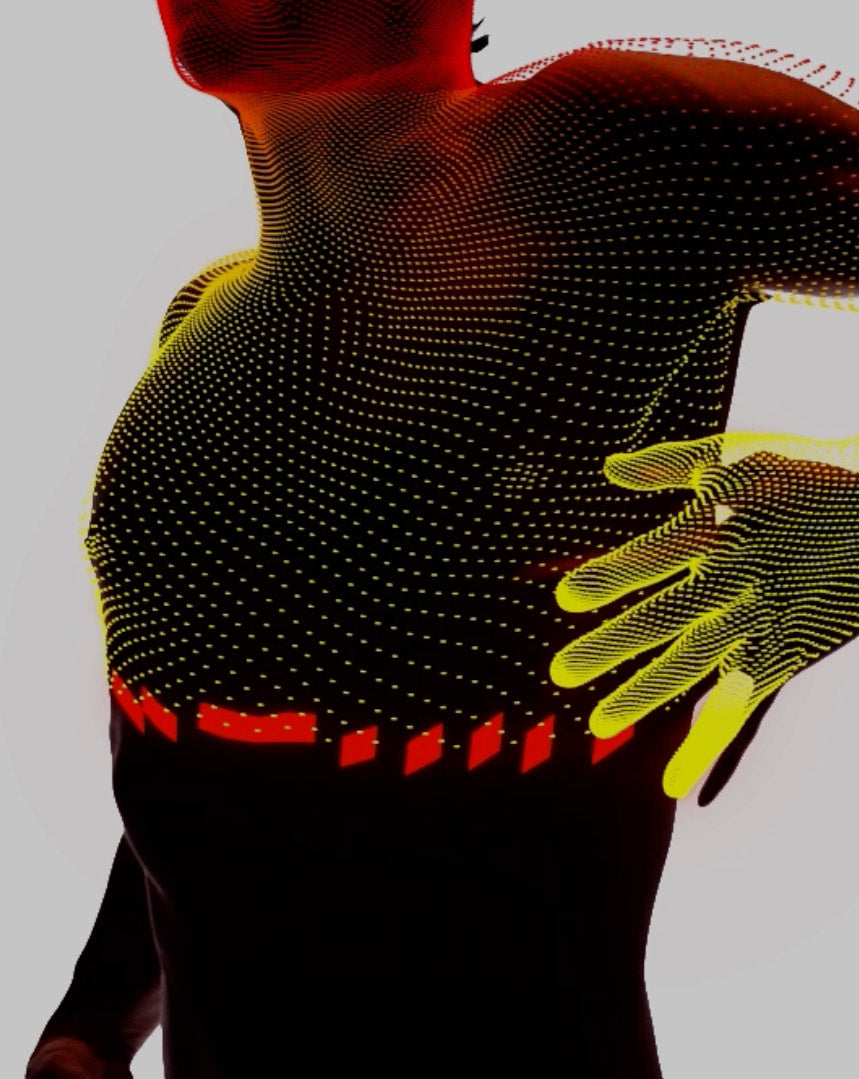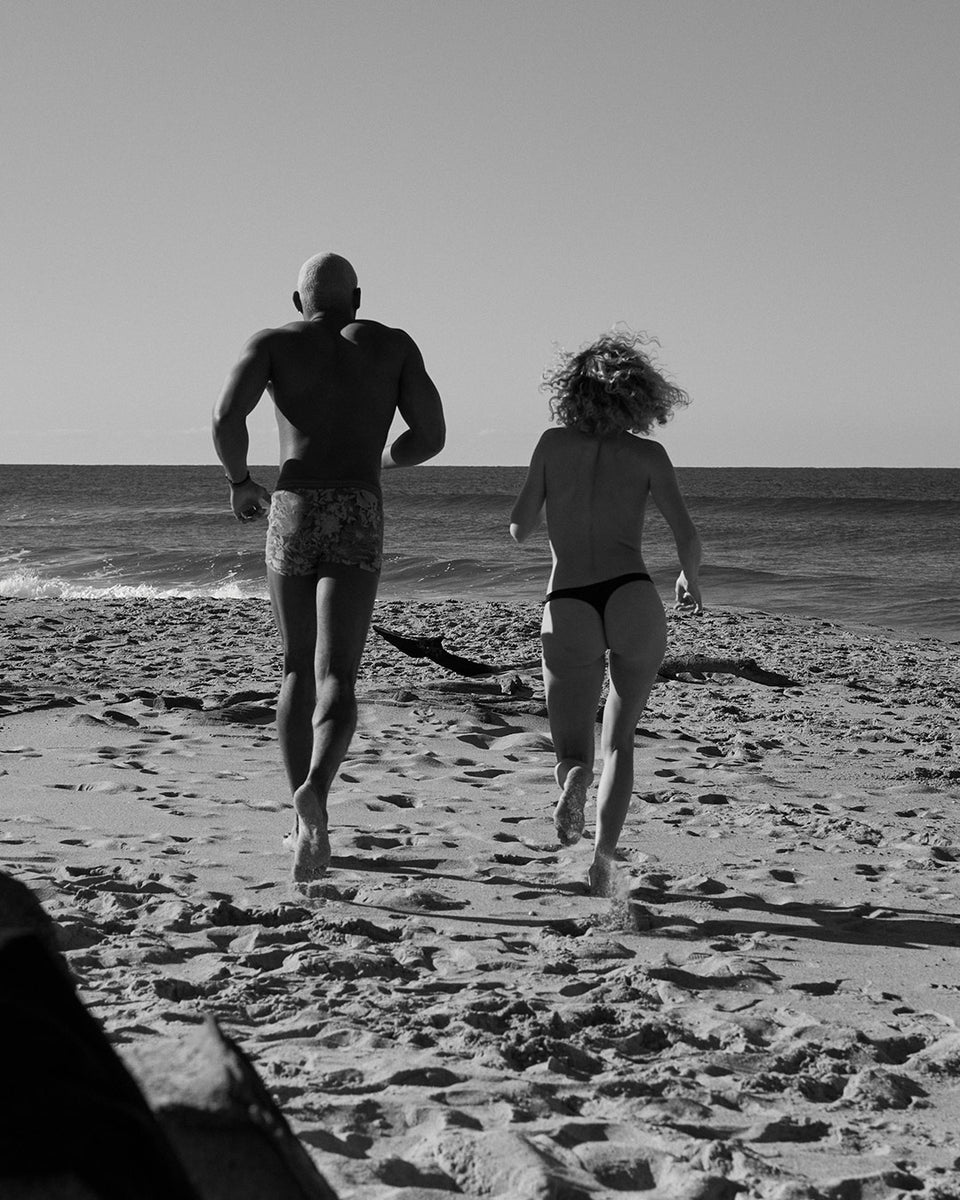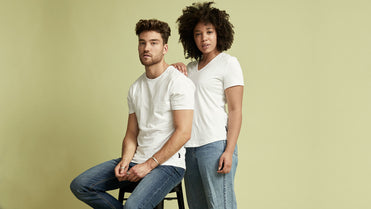Like any new start-up, there is an ambition that drives the decisions for a business. For Citizen Wolf, it is to create casual clothing so perfect that every piece becomes your instant favourite, starting with the humble tee.
So what exactly does that mean, and how do we go about it?
Like any good product, it starts with the customer. Everybody is unique because we all have different body shapes, dimensions and style preferences.
So we spent over a year researching and chatting with customers about what would make a perfect tee for them.
For those who do care about what they wear, good fit is the most important criteria. Clothing may look great on a model, but unless you have the exact same body, it will look different on you.
Small details - such as where the shoulder seam is or the length of the tee - make a huge difference in appearance. Other details can greatly impact comfort, such as the size of the neck opening or armpit hole. Style decisions like fabric, pockets or curved hems are the finishing touches that make a tee truly personal and unique.
So the first decision for us was to find a way to provide essentially bespoke garments, but at an affordable mass scale. In narrowing down our core product, we’ve looked at hundreds of different fabric types from dozens of suppliers, and settled on a weighty 180gsm organic cotton milled right here in Australia - a unanimous favourite with all our focus groups in blind touch tests.
To ensure each tee stays the same dimension every time you wear it, we double-wash the the fabric to preshrink it before we even start cutting out the patterns. It's a more time consuming and expensive process, but a detail that makes a big difference. We even add an ezyme to soften the organic cotton to ensure it is more luxurious and comfortable from the very first time you try it on.
But creating the perfect tee is only a small part of the battle - and arguably the easiest.
A much tougher problem was the buying experience itself: our focus groups were loud and clear in expressing how much they hated it. For many, shopping is a disappointment filled process filled the compromises - trying on multiple garments to find a good fit, then having to deal with issues such as stock or style availability.
Buying online partially solves the availability issue, but introduces new problems of being able to touch the fabric and test for fit, then dealing with troublesome returns when they aren’t what you expected.
So our second decision was to also rethink the entire customer experience for trying and buying tees. The result is our extremely simple “no measure, no returns” process: you try on our guide tees, tell us the adjustments needed to make it perfect, then we make it for you. All in less than 5 minutes, with nothing to return - ever.
A third consideration we kept top of mind was to be socially, environmentally and ethically conscious. The fashion industry has had a bad reputation with sweatshop labour, ecologically damaging and wasteful practices.
By rethinking the entire production system by making each garment only on-demand Sydney with locally sourced, eco-friendly fabrics and processes, we can minimise the negative impacts. Our focus on quality means our clothing is better fitting and more durable, further reducing wastage.
So the end result of all this may be a simple tee shirt, but one we believe is perfect because it is free of any compromises.
We want it to be the best tee shirts you’ve ever worn, because it is custom made to perfectly suit the only preferences that matter: yours.
We want to create the best shopping experience by removing all the frustrations associated with fit, stock and materials.
And we want you to feel great wearing them, not just because of how great it fits and how it looks, but also because you’re supporting ethical and eco-friendly practices.
For us, perfect is not just the end goal, but simply a starting point to build on.







